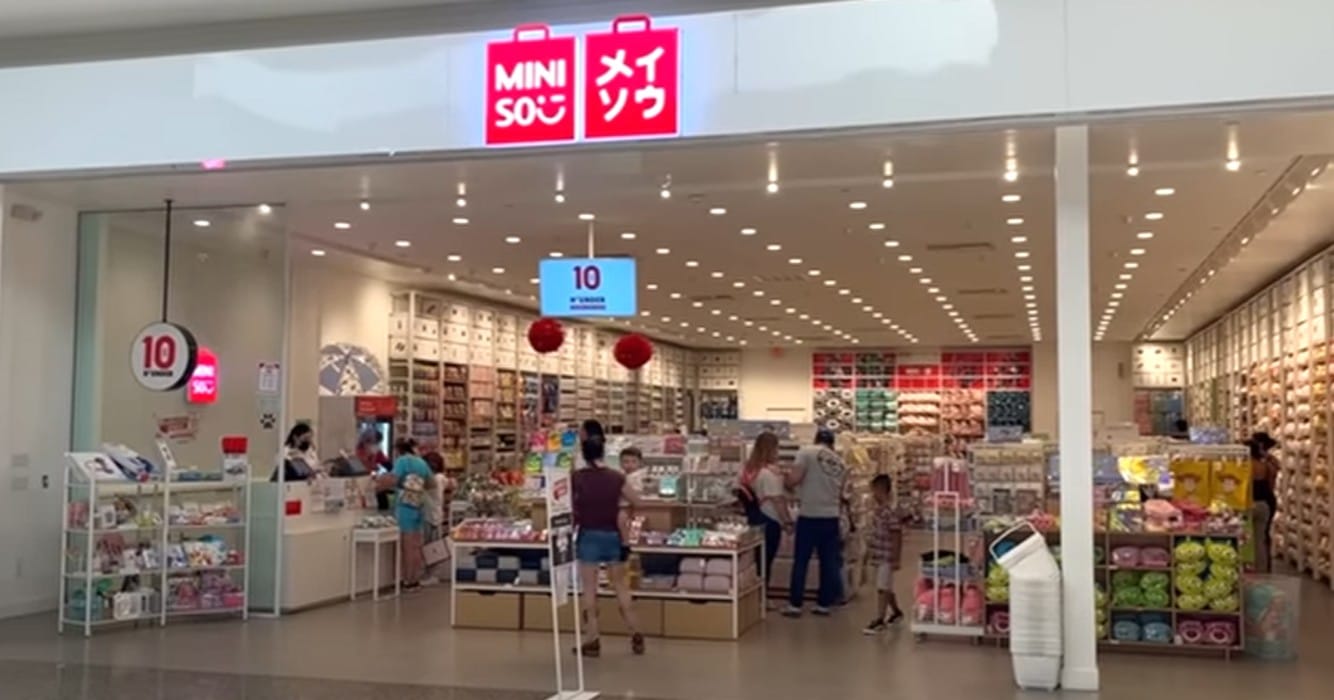The Miniso Group in China, the latest retailer to react to a rise in nationalist sentiment among Chinese consumers, has apologized for positioning itself as a Japanese-style brand and promised to change this throughout all of its outlets.
Its Own Brand

The business, which operates more than 5,000 stores in China and worldwide, has long referred to itself as “a Japanese-inspired lifestyle product retailer” and has been contrasted to the Muji chain run by Ryohin Keikaku, a firm listed on the Tokyo Stock Exchange.
The Issue of It

Chinese social media users, however, took exception to it earlier this month after its Spanish Instagram account shared a photo of dolls, one of which it referred to as a “Japanese geisha doll,” but which Chinese users pointed out was actually wearing a qipao garment, a traditional Chinese attire.
After hiring a Japanese designer as its chief designer between the end of 2015 and 2018, Miniso issued a lengthy apology on Thursday, apologizing for “taken the wrong path” with its brand positioning and marketing strategy in the company’s early years.

